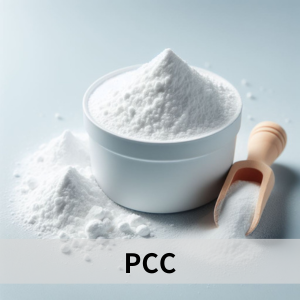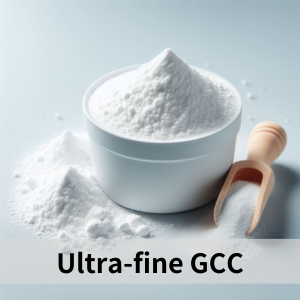
Application of Calcium Carbonate in the Tire Industry
Basic Introduction of Calcium Carbonate
Calcium carbonate is a common inorganic compound with the chemical formula CaCO3. It is widely present in nature, such as in limestone, marble, and coral. Calcium carbonate powder is commonly used in industries, appearing as white or colorless crystalline or powder form. In the tire industry, calcium carbonate is often used as a filler to enhance tire performance and durability.
Importance of Calcium Carbonate in the Tire Industry

Increase Hardness and Wear Resistance
Calcium carbonate enhances rubber hardness, improving tire wear and scratch resistance, extending tire lifespan, and reducing replacement frequency and maintenance costs.

Improve Aging Resistance
Calcium carbonate protects rubber from oxygen, water, and UV radiation, slowing aging and extending tire lifespan, enhancing safety and reliability.

Enhance Traction and Handling
Calcium carbonate increases tire traction, improving grip on wet or uneven surfaces, enhancing handling, driving stability, and safety.

Reduce Tire Costs
Calcium carbonate is a cost-effective filler, reducing tire production costs and improving efficiency compared to other fillers.
Features of APEX-VN's Calcium Carbonate in the Tire Industry

High-Quality Assurance
Calcium carbonate produced by APEX-VN maintains excellent quality through stringent quality control, ensuring product stability and reliability.

Customized Solutions
APEX-VN can provide customized calcium carbonate products tailored to customer needs, including adjustments in particle size, purity, and dosage to meet the requirements of different tire products.

Technological Innovation and R&D Capability
APEX-VN has a professional technical team capable of providing technical support and solutions to help customers address various technical issues encountered during the production process, thereby improving product quality and performance.

Environmentally Friendly
APEX-VN's calcium carbonate products comply with environmental standards and regulations, being environmentally friendly materials. Using such materials in tire manufacturing helps reduce environmental impact, aligning with the requirements of sustainable development.


